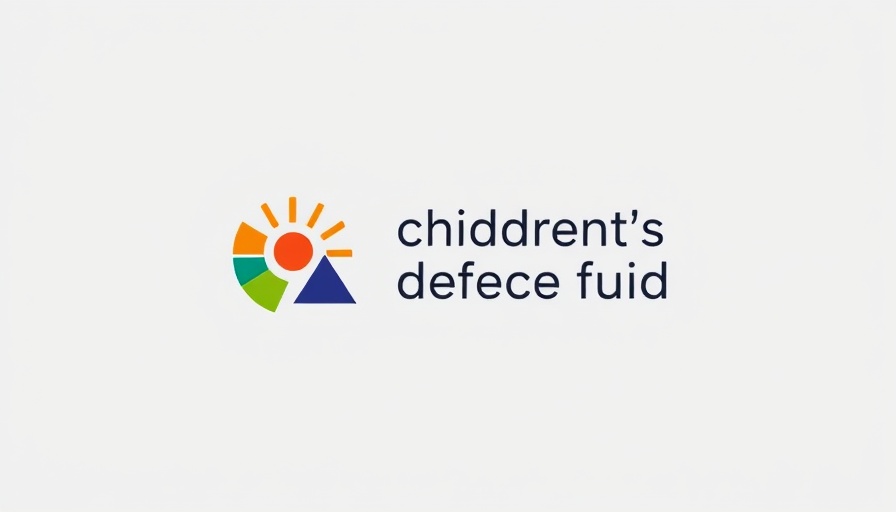
Remembering the Depth of Douglass's Message
This Fourth of July, as many gather to celebrate American independence, we should reflect on the powerful message delivered by Frederick Douglass in his 1852 speech. Douglass, a significant figure in the African American fight for freedom, famously questioned the true meaning of Independence Day for those who were enslaved. His insights remain tragically relevant, urging us to confront the injustices that continue to exist in modern America.
The Pain Behind the Celebration
In his Independence Day address, Douglass did not mince words: he called out the hypocrisy of celebrating freedom while millions were still in bondage. He vividly described how the Fourth of July served as a harsh reminder of the gross injustices faced by enslaved people. "To him, your celebration is a sham; your boasted liberty, an unholy license," Douglass asserted, prompting listeners to examine the stark contrasts between the nation’s ideals and its practices. Today, echoes of Douglass's words can be heard in ongoing discussions about systemic racism and social justice.
Lessons from History: Why Douglass's Words Matter Today
Douglass emphasized a vision for America grounded in hope. His call for justice and equality resonates as our nation grapples with its ongoing struggle to live up to its promises. In the face of current societal challenges, Douglass's insistence on introspection offers a valuable framework for dialogue on race and justice. His recognition of a changing world — where knowledge and values can evolve — encourages a collaborative effort among Americans to embrace change.
Current Sociopolitical Context: The Fight for True Equality
The modern echoes of Douglass's speech are loudest in the context of recent events surrounding racial equity. Discussions about police reform, voting rights, and economic disparity show that the ideals Douglass fought for remain unfulfilled. Many Americans today still feel alienated from the nation’s political system, questioning whether their voices matter. In this sense, July 4th can serve as a day of reflection, examining how far our society has come, and how much further it needs to go.
Douglass’s Hope for the Future
Despite the grim realities he described, Douglass concluded his speech with a note of hope. He recognized the potential for societal progress, stating that “knowledge was then confined and enjoyed by the privileged few, and the multitude walked on in mental darkness.” Today, as we navigate a world intertwined with technology and information sharing, Douglass’s vision remains crucial. We must harness this potential to foster inclusivity and equality, transforming barriers into bridges.
How to Engage with Douglass's Legacy
As we honor Douglass’s legacy on this July 4th, it's an opportune time for families in Denver – and across America – to engage in conversations about social justice and equity. Discuss the tenets of Douglass's speech with your children, exploring concepts of justice and equality. Engage in local activism to make your voice heard, ensuring your family's concerns resonate within your community. The future of our nation depends upon active participation and vigilance against the injustices Douglass fought so hard to eradicate.
In closing, take this opportunity to reflect on the questions raised by Douglass: What does freedom truly mean in our diverse society? What role do you play in shaping a more just future? Your insights and actions can contribute to meaningful change. This Independence Day is more than a celebration — it's a call to action to uphold the values of liberty and equality for all.
 Add Row
Add Row  Add
Add 




Write A Comment